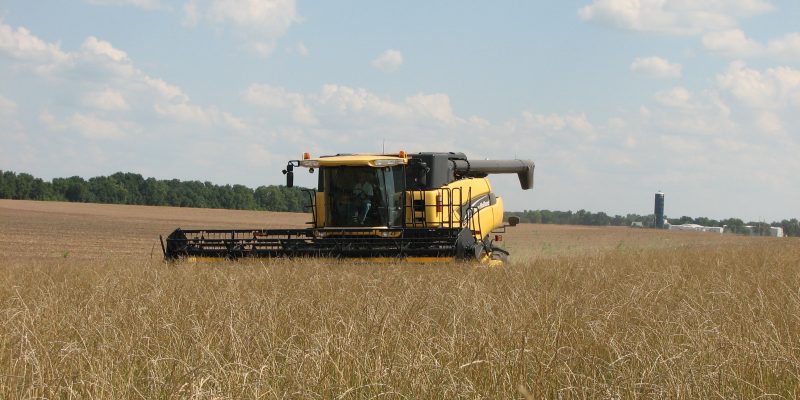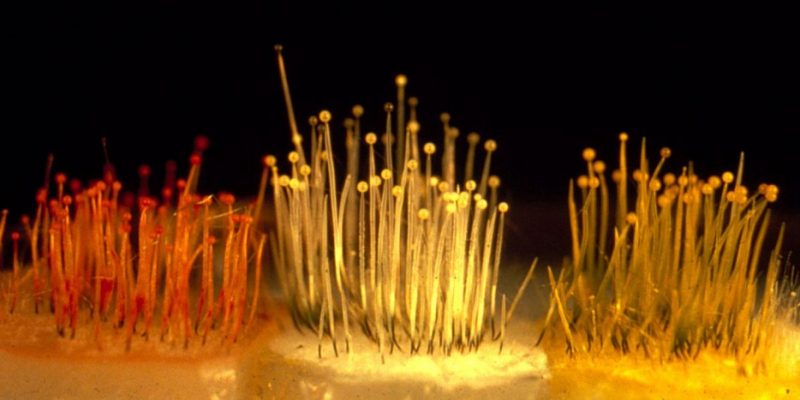People around the world consumed nearly 7.7 million tons of chocolate in the last year, but the cacao crop that supports the production of these sweets is under significant environmental threat. Millions of cacao farmers in West Africa, Southeast Asia and Latin America feel the pressures of ever-increasing consumption, a changing climate and devastating fungal infections. In 2017, The New York Times declared that we have entered “a battle to save the world’s favorite treat.”
Scientists at the HudsonAlpha Institute for Biotechnology with the help of Mars Wrigley Confectionery have created the newest weapon in that battle—an improved reference genome to help researchers and farmers develop healthier, more productive cacao crops. Continue reading “HudsonAlpha scientists help secure the future of chocolate with improved cacao reference genome”





